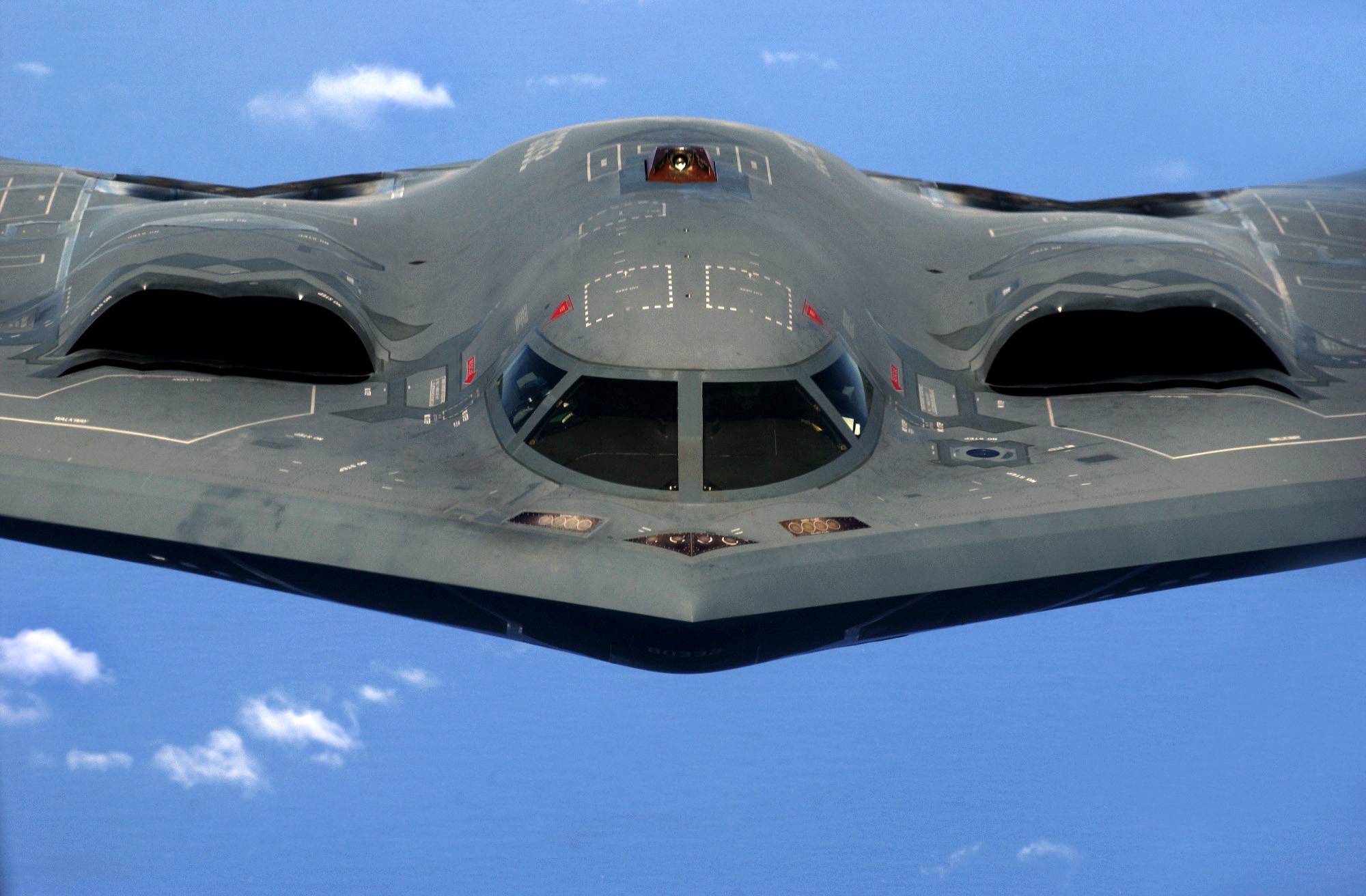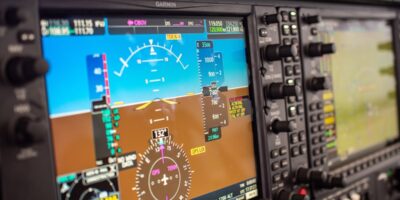Collins Avionics: What You Actually Need to Know
I first encountered Collins avionics gear back when I was doing ride-alongs in cockpits during my early aviation days. The pilot pointed at a display panel and said, “That’s Collins. Probably the most reliable box in this airplane.” I didn’t fully appreciate what he meant until years later when I started really digging into what makes modern aviation tick.

Aviation technology has gotten complicated with all the competing manufacturers and acronyms flying around. So let me break down Collins Avionics — now operating under the Collins Aerospace umbrella — and why they matter.
A Quick Background
Collins has been in the aerospace game for decades. They’ve built a reputation on reliability, which in aviation is the thing that matters most. Their product line serves both commercial airlines and military operations, and their gear is installed on everything from regional turboprops to wide-body transports to fighter jets. That kind of range doesn’t happen by accident.
The Products That Define Them
Communication Systems
Collins builds comms equipment that covers the full spectrum — VHF radios for short-range, HF radios for oceanic and long-range, satellite communication systems, and data link technologies. The integration between these systems is what sets them apart. A flight crew can maintain contact in just about any environment, from dense urban airspace to the middle of the Pacific. I’ve talked to pilots who say the transition between comm modes on Collins gear is smoother than anything else they’ve used.
Navigation Systems
Their navigation suite includes GPS receivers, inertial navigation systems (INS), and multi-mode receivers (MMR). These systems work together to give pilots accurate position data and situational awareness. The redundancy is intentional — if one system degrades, others pick up the slack. That’s what makes Collins navigation endearing to pilots who fly long oceanic routes where you really can’t afford a nav failure.
Flight Management Systems
The FMS is where Collins really shines, in my opinion. Their flight management systems pull together navigation, guidance, and performance data into a single interface. Instead of managing multiple separate systems, the crew interacts with one integrated platform. It reduces workload, which matters a lot on long flights when fatigue starts creeping in. A well-designed FMS is the difference between a crew that arrives alert and one that arrives exhausted.
Innovations Worth Knowing About
Collins has pushed some genuinely useful technology into the cockpit. Two stand out to me.
First, their synthetic vision systems (SVS). These give pilots a 3D terrain representation on their displays even when they can’t see anything out the window. Fog, night, mountainous terrain — the SVS paints a clear picture. I watched a demo once where a pilot flew an approach in simulated zero-visibility conditions using only the SVS display, and the precision was remarkable.
Second, heads-up displays (HUD). These project flight data onto a transparent screen at eye level, so pilots can monitor airspeed, altitude, and guidance cues without ever looking down at the instrument panel. It keeps eyes outside where they belong during the most demanding phases of flight. Airlines that have adopted HUD technology report measurably better approach precision.
Military Side of Things
Probably should have led with this, since Collins’ military work actually came first historically. Their military products include ruggedized communication and navigation systems built to survive conditions that would wreck commercial gear — extreme temperatures, high G-forces, electromagnetic interference, the works.
Their electronic warfare systems handle threat detection and countermeasures, protecting aircraft from surface-to-air missiles and other hazards. And they’ve moved into UAV mission systems too, giving remote operators the tools to control unmanned platforms with the kind of precision that keeps these assets useful in both reconnaissance and combat roles.
Commercial Aviation Applications
On the commercial side, Collins isn’t just in the cockpit. Their cabin systems include in-flight entertainment platforms and cabin management systems that control lighting, temperature, and other passenger-facing amenities. The idea is that the same company building the flight-safety systems also builds the comfort systems, creating integration advantages.
Their avionics are installed across a wide range of commercial aircraft types, contributing to the overall safety and efficiency of airline operations worldwide. Most passengers have no idea that Collins equipment is running behind the scenes on their flight, but it very likely is.
Regulatory Compliance
In aviation, your products have to meet the standards set by the FAA, EASA, and other international authorities. There’s no shipping something and patching it later. Collins maintains compliance across all their product lines, which involves ongoing certification testing and documentation. It’s not glamorous work, but airlines and military operators need absolute confidence that the gear they’re buying meets spec. Collins’ track record on compliance is one reason customers stick with them.
Working With Others
No avionics company operates in a vacuum. Collins collaborates with airframe manufacturers, airlines, other avionics vendors, and research institutions. These partnerships help them stay ahead of technical trends and develop solutions that actually fit real-world operational needs rather than just looking good on paper.
What’s Coming Next
The future for Collins Aerospace looks pretty interesting. Artificial intelligence and machine learning are making their way into avionics — think predictive maintenance, automated threat assessment, and enhanced flight optimization. Collins is investing in these areas, and I expect we’ll see AI-assisted cockpit features showing up in the next generation of their products.
There’s also the sustainability angle. Aviation is under increasing pressure to reduce its carbon footprint, and avionics can contribute by making flight operations more fuel-efficient. More precise navigation means shorter routes. Better flight management means optimized climb and descent profiles. It all adds up.
Training and Customer Support
Collins runs training programs that cover everything from basic system operation to advanced troubleshooting. They also maintain a customer support infrastructure that includes technical hotlines and on-site service teams. This matters because even the best avionics are useless if the people maintaining them don’t understand how they work. I’ve heard from several maintenance shops that Collins’ training materials are among the better ones in the industry — clear, thorough, and regularly updated.
Listening to Users
One thing I appreciate about Collins is that they actually solicit feedback from the people using their products. Surveys, interviews, field visits — they gather real-world performance data and use it to make iterative improvements. It’s a cycle that keeps their products from getting stale. The avionics you buy from Collins today is measurably better than what they sold five years ago, and that progression isn’t accidental.
Certifications and Recognition
Their products hold industry-standard certifications including DO-178 for software development and DO-254 for hardware. These aren’t easy to get and they’re not easy to maintain. Collins has also picked up various industry awards for innovation, which is nice, but honestly the certifications matter more to the people actually buying and installing the equipment.
Who Uses Their Stuff
The customer base is broad: major commercial airlines, military forces around the world, business aviation operators, and helicopter operators. Their systems are installed across everything from narrow-body airliners to military fighters to corporate jets. That diversity says something about the adaptability and quality of their product line.
Sustainability Commitments
Collins is putting effort into reducing their environmental footprint — both in the products they make and how they make them. More energy-efficient systems, less manufacturing waste, longer product lifecycles. Aviation will never be a zero-impact industry, but incremental improvements across thousands of aircraft add up to something meaningful over time.
Dealing With Industry Challenges
The aviation world throws constant challenges at equipment manufacturers: evolving regulations, rapid technology shifts, and customers who always want more capability for less money. Collins addresses this through continuous R&D investment and a willingness to incorporate user feedback into their development cycle. It’s a straightforward formula, but executing it consistently year after year is harder than it sounds. That consistency is what keeps them near the top of the avionics world.



